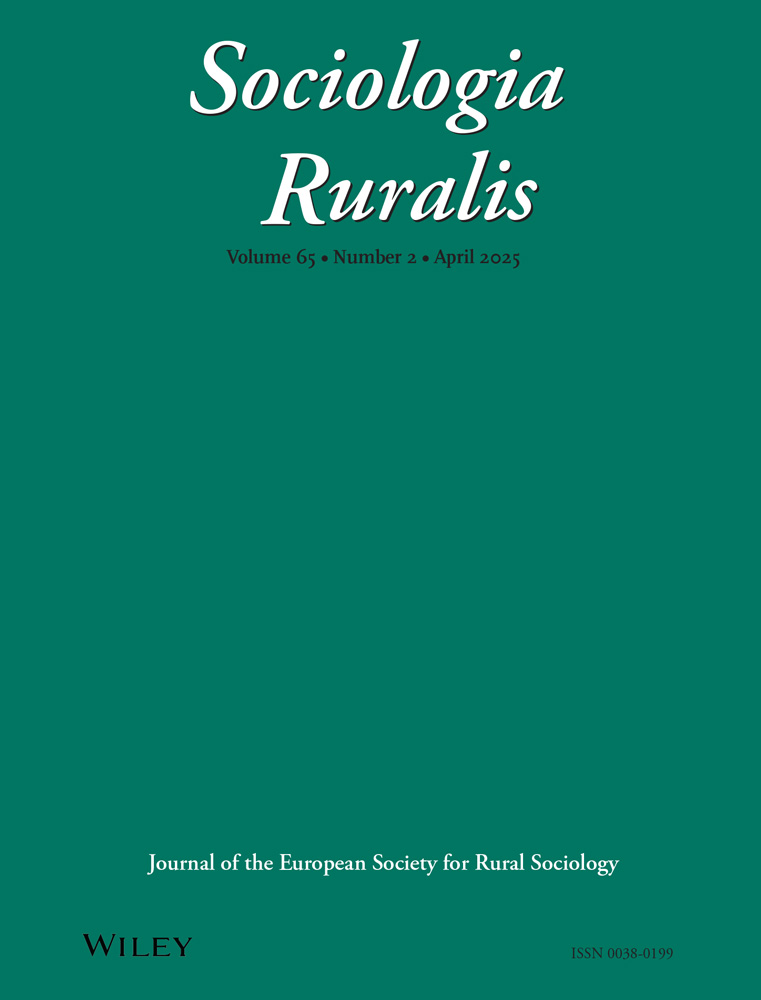Project Duration: 2023 - 2025
There are grave socio-economic inequalities among regions in the European Union, inter-regional disparities within countries are on the rise. The priject concentrates on an exploration of the social and political consequences of spatial inequality, which has been repeatedly described as a risk to social cohesion, a repository of social and political cleavages, and a source of perceived injustice and marginalization. This project contributes to the debates on the social and political consequences of interregional socio-economic inequalities by: (1) Empirical testing of important arguments of the debate about emerging geographies of discontent. In particular, we examine how inter-regional inequality contributes to individual-level socio-economic inequalities, how it is reflected in subjective perceptions of individual and community prospects and feelings of being left-behind, and how regional effects manifest in political opinions and electoral behavior. (2) Conducting an international comparison of the topic, which enables us to go beyond single-country studies and deliver a more nuanced analysis. (3) Focusing on three East-Central European countries where regional inequalities have grown in recent years and where populism plays an important role in their political arenas. (4) By using a mixed-method approach to the issue so as to both identify the measurable effects of spatial inequality and understand the perceptions and perspectives of people living in “left behind” places.
Principal Investigator:
Members of the project team:
Topics:
Regions, Social Inequalities, Elections and Electoral Research
Contracting authority:
International Project
Department:
